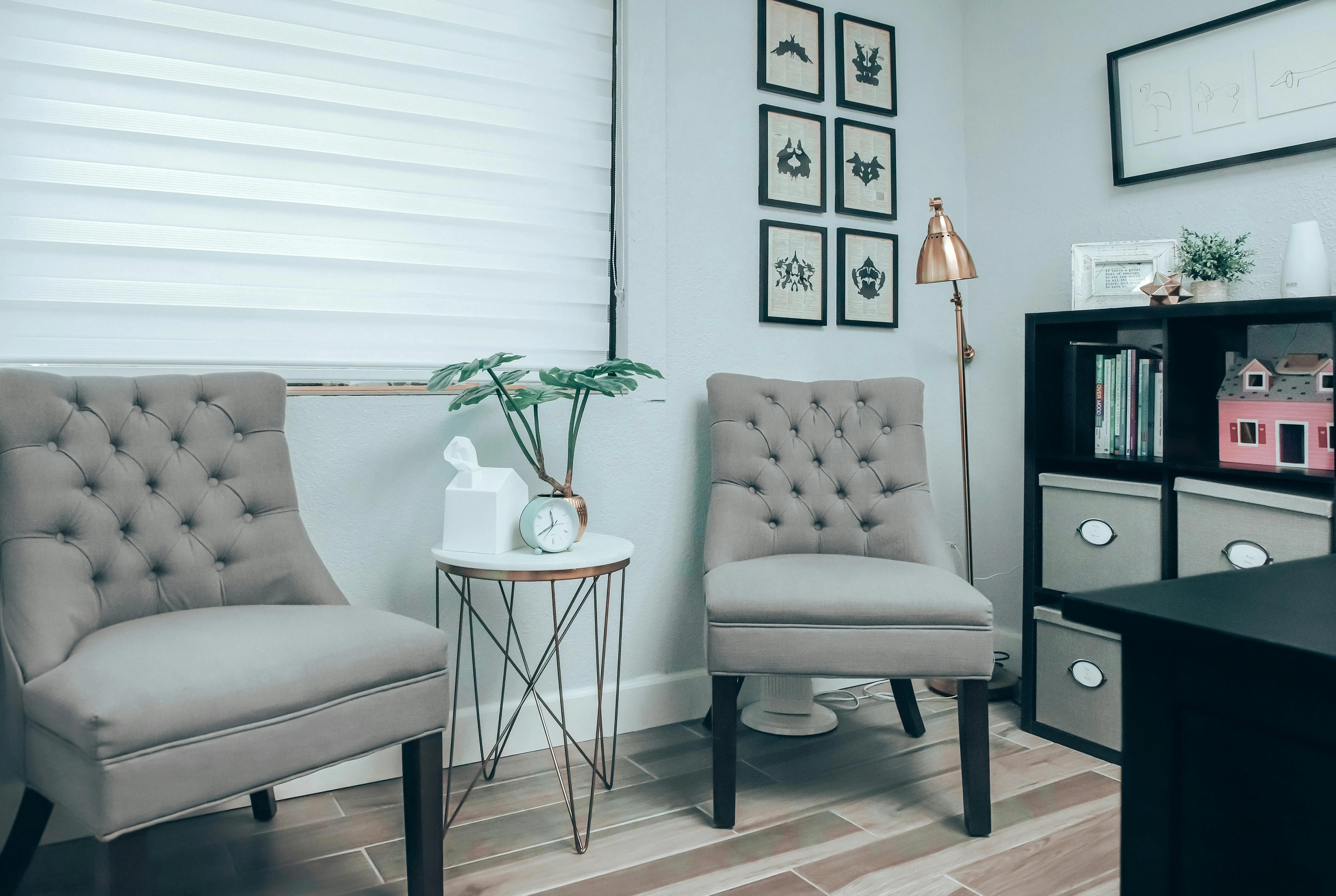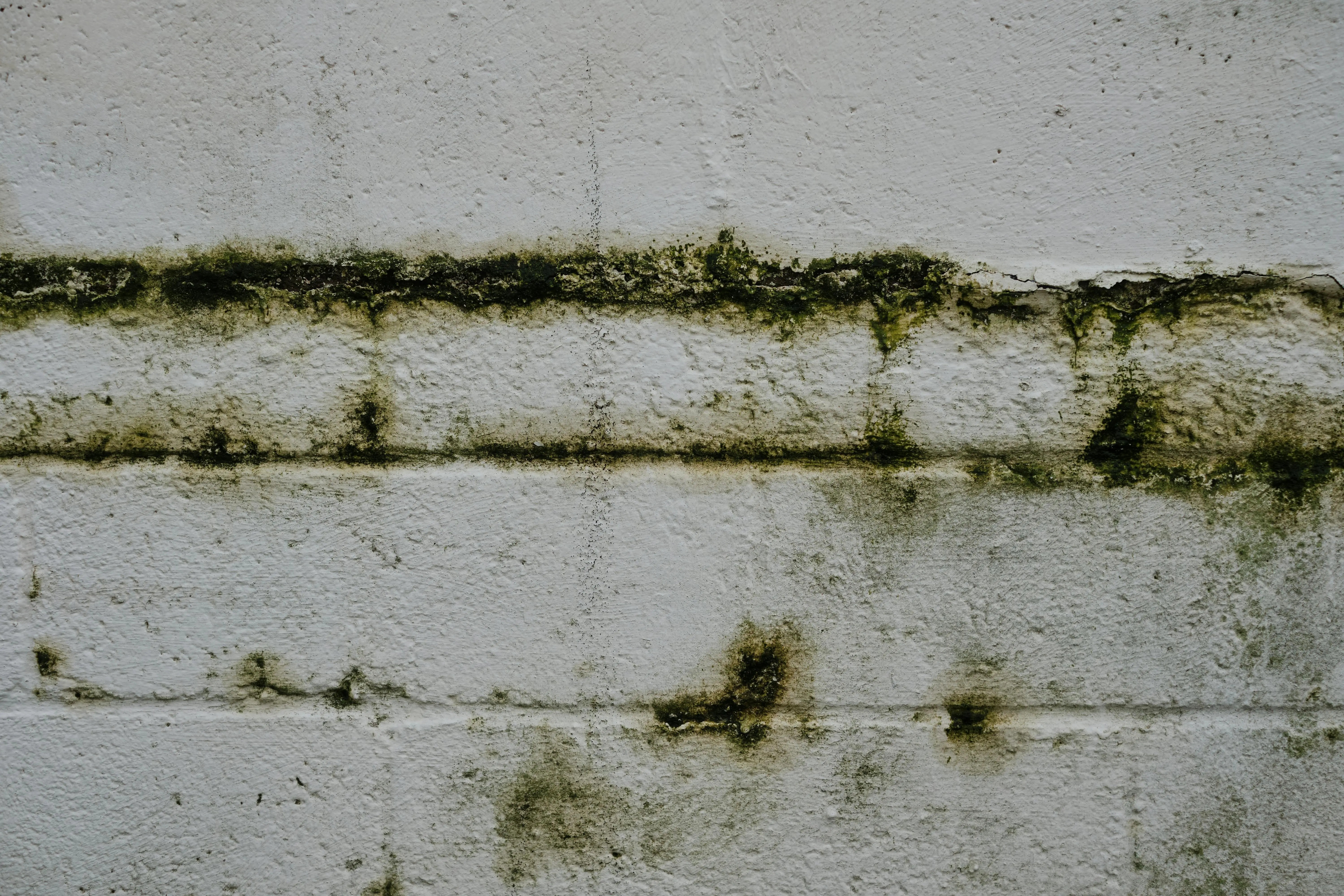Staging Starts With Cleaning: Toronto Seller’s Step-by-Step Checklist
This guide gives Toronto home sellers a practical, room-by-room cleaning checklist to get a property “showroom ready” before listing. It explains why deep cleaning boosts photos, first impressions, and offers; then walks through high-impact tasks for kitchens, bathrooms, windows, floors, and curb appeal. The article also covers odor neutralizing (pets/cooking), stainless and glass care, closet staging, and condo considerations (balconies, elevator bookings). A quick FAQ answers common seller questions on what buyers notice most, when to schedule pro cleaners, whether to repaint, and how clean windows and lighting can dramatically improve photos. Use it as your pre-listing blueprint to save time, reduce stress, and help your home sell faster.

The Best Cleaning Checklist Before Selling Your Toronto House
Thinking of listing your home in Toronto? Smart move, but before the photographer shows up and the first buyers walk through, give your place a “showroom clean.” In a competitive market, a spotless, odor-free, well-lit home doesn’t just look nice; it photographs better, feels bigger, and helps buyers picture themselves living there. Proper prep (cleaning, decluttering, small fixes) is core to “staging,” which real-estate pros credit with faster sales and better offers.
Below is a practical, room-by-room cleaning plan designed specifically for Toronto sellers, plus a timeline, quick open-house reset routine, and FAQs locals ask all the time.

Why does cleaning matters before you list?
- Buyers aren’t just seeing your home, they’re zooming in on your photos. Dusty baseboards, streaky glass, and greasy ranges telegraph “deferred maintenance,” both in person and online. Deep cleaning and decluttering are among the highest-impact pre-sale projects.
- Staging starts with cleaning. Neutral paint and good furniture placement work only if the space is uncluttered and truly clean (especially kitchens, bathrooms, windows, and floors).
What should you clean first when selling a house?
Start with visibility and volume: the things buyers notice most and the places that hold the most “visual clutter.”
- Declutter surfaces and floors (remove extras, box seasonal items, thin out decor).
- Windows & lighting (clean glass inside/out; replace burnt bulbs; dust fixtures).
- Kitchen & bathrooms (grease, grout, glass, and stainless get a full reset).
- Entry and curb appeal (front door, doormat, outdoor cobwebs, porch).
These areas deliver the biggest “wow per hour” and set a clean tone for the rest of the walkthrough.
The Ultimate Toronto Pre-Listing Cleaning Checklist

Exterior & Curb Appeal
- Sweep porch/steps; wash the front door; shake or replace the doormat.
- Brush down exterior cobwebs; wipe outdoor furniture.
- Power-wash driveway/patio if needed (watch overspray).
Entryway & Hallways

- Declutter shoes, coats, parcels.
- Dust trim/baseboards, vents, and light fixtures from top to bottom.
- Mop/vacuum floors; touch up scuffs on walls.
Living & Dining Areas

- Dust high to low: ceiling corners, fan blades, light fixtures, tops of frames, shelves, and baseboards.
- Vacuum upholstery, fluff pillows, and lint-roll pet hair.
- Minimize accessories; aim for “spacious and calm.”
Kitchen (buyers linger here)

- Degrease cabinet doors/handles, backsplash, and range hood.
- Clean oven & stovetop; pull out and clean under burners if applicable.
- Empty and scrub microwave; deodorize fridge and clear expired items.
- Polish stainless (wipes or gentle oil) and leave counters nearly bare.
- Clean sink (including drain flange and disposal if present) and run a deodorizing cycle.
Bathrooms (make them “hotel fresh”)

- Descale shower glass; scrub grout; re-caulk if moldy or cracked.
- Disinfect and shine faucets, handles, and mirrors.
- Replace tired shower curtains or liners; neatly fold fresh towels.
- Deep clean behind/around toilets and under vanity toe-kicks.
Bedrooms

- Clear nightstands; tidy cords; minimize clothes on display.
- Dust headboards, lamps, and baseboards; vacuum under the bed.
- Launder bedding and smooth duvet/quilt for crisp photos.
Storage Spaces (yes, buyers peek)

- Halve the contents of closets so they look bigger.
- Line up hangers; box and label off-season items.
- Wipe shelves and vacuum closet floors.
Windows & Glass
- Vacuum window tracks/sills; wash interior glass and any accessible exteriors.
- Shine mirrors and glass tabletops. Clean windows are a high-ROI step.
Floors
- Move furniture to vacuum edges; mop hard floors with the right cleaner.
- Consider a pro carpet clean if stains or odors linger.
Laundry/Utility
- Clear detergents into baskets; wipe appliances; empty lint traps.
- Replace HVAC filters to reduce dust and help with odors.
Pet & People Odors (critical in showings)
- Wash soft goods (throws, pet beds, curtains); launder entry rugs.
- Neutralize odors at the source—don’t over-fragrance.
- For stubborn smells: clean carpets, sanitize hard surfaces, and ventilate. Garbage disposal tricks (ice + vinegar/salt) can help kitchen smells.
How do you declutter responsibly in Toronto?
When you’re clearing out bulk items (old bookshelves, rolled carpet, small furniture), Toronto provides oversized-item collection: place acceptable items next to your bin (0.5 m away) on your garbage day, with size/weight limits for things like bundled carpet. Check the City list of accepted/not-accepted items and prep rules before you set them out.
Should you hire professional cleaners—or is “broom-clean” enough?

In many Ontario purchase agreements, the seller is expected to deliver the home in “broom-swept” (or “broom-clean”) condition—that is: floors swept/vacuumed, garbage removed, cupboards and closets empty, and no personal belongings left behind. It usually does not require a professional deep clean unless it’s explicitly negotiated in the contract. That said, many Toronto agents recommend you go beyond the minimum and leave a professionally cleaned home as a courtesy—it makes for smoother closings and happier walkthroughs.
Pro tip: If your contract doesn’t specify “professionally cleaned,” consider doing it anyway—especially if you had pets, smoke, or heavy cooking odors. The cost is often less than a price reduction sparked by poor impressions at the final walkthrough.
What should you do on showing days or before an open house?
Use this quick reset:
- Open blinds, turn on all lights, and replace any dud bulbs.
- Kitchen: remove drying racks and countertop clutter; wipe sink until it gleams.
- Bathrooms: close toilet lids; replace towels with fresh, folded ones; quick mirror wipe.
- Entry: shake the mat, stash shoes, and give the door a once-over.
- Outside: wipe patio furniture; sweep steps.
- Take out trash/recycling to prevent odors.
These tiny touches dramatically improve curb appeal and first impressions for tours and open houses.
Toronto House-Seller Cleaning FAQs
Do I legally have to deep clean my house before closing in Toronto?
Usually, no. Most Ontario agreements require “broom-swept/clean” condition at minimum (free of belongings and debris, floors swept/vacuumed, cupboards emptied). Deep cleaning is not automatically required unless specifically written into your contract. Still, many Toronto brokerages advise leaving it professionally cleaned as a goodwill gesture.
What does “broom-clean” actually include?
Typically: remove all personal items and garbage; empty closets/cupboards; sweep/vacuum floors; leave included appliances empty; and ensure no loose debris remains. It does not guarantee “hospital-grade” clean. If buyers want a pro clean at possession, it must be negotiated.
What areas do buyers notice the most?
Kitchens and bathrooms (appliances, grout, glass), windows (natural light), floors/baseboards, and the entry/curb appeal. Clean and deodorize these thoroughly; they weigh heavily on buyer perception and photos.
How do I get rid of stubborn pet or cooking odors before showings?
Attack the source: launder soft goods, clean carpets, empty/clean bins, run a disposal deodorizing cycle (ice + vinegar/salt), and ventilate. Avoid heavy perfumes—buyers read them as “cover-ups.” Persistent odors may require pro carpet/duct cleaning and repainting with odor-blocking primer.
Should I repaint, or is cleaning enough?
If walls are scuffed, bold, or dingy, neutral paint can speed up the sale and broaden appeal. Cleaning still matters, but a fresh, neutral coat helps the whole space feel newer and brighter.
Do I need to clean windows inside and out?
Yes—clean windows boost light and make everything feel fresher (and read better in photos). Vacuum tracks/sills first, then clean glass to prevent streaks.
What’s the right way to dispose of bulky items in Toronto while decluttering?
Use the City’s oversized-item collection on your normal garbage day: set items 0.5 m from your bin; secure loose parts; follow size/weight rules (e.g., bundled carpet length/weight). Check the City’s accepted items list before setting out.
I live in a condo—anything different?
Condo sellers still need spotless kitchens/baths, glass, and floors, but also: clean balconies, check building rules for bulk disposal, and book the elevator in advance for move-out. (Many Toronto cleaning and condo-focused guides recommend a lean, uncluttered look to maximize perceived space.)
How close to listing day should I schedule a professional clean?
Aim for 48–72 hours before photos, with a light touch-up (counters, glass, floors) on photo/show day. If pets or heavy cooking are ongoing, schedule an extra same-day wipe-down. (Open-house prep resources emphasize sparkling kitchens/baths and natural light.)
Conclusion
A spotless home sells a story: bright, easy, and well-cared-for. That’s why the last 10% of effort—polishing every pane, swapping tired bulbs, and editing down “stuff” so rooms feel open—often delivers 90% of the impact. Clean windows amplify light, clear surfaces make spaces read larger, and a truly fresh kitchen and bath remove the biggest buyer objections before they even form. Go beyond the bare “broom-clean” minimum and leave the place better than you found it; you’ll set the tone for a smooth final walkthrough and help your listing stand out in a crowded Toronto market.
If you’d rather not spend your evenings scrubbing grout and shining stainless, we’ve got you. Scrubishly specializes in pre-listing deep cleans, photo-day touch-ups, odor neutralizing, and move-out resets tailored for Toronto sellers. Reach out for a quick quote and a booking window that matches your timeline—we’ll get your home market-ready so you can focus on the sale.
.webp)

